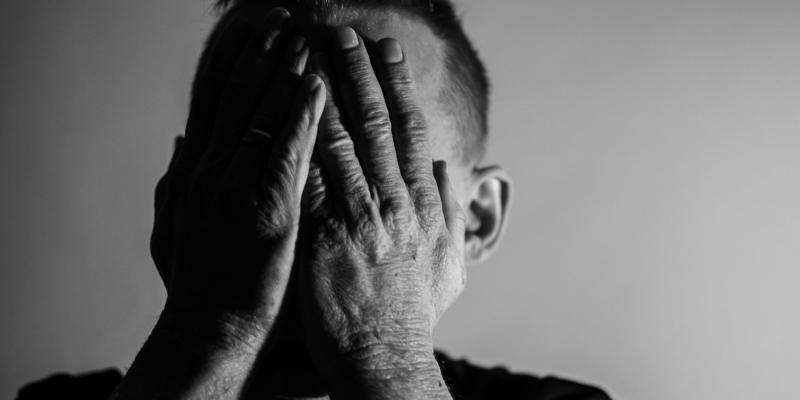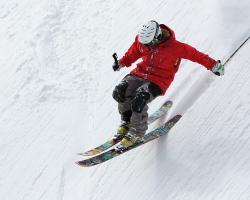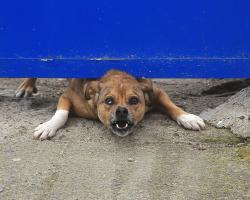They cannot contain their tics – they grunt, they shake their shoulders. In severe cases, they involuntarily curse or make indecent gestures – despite normal intellectual and emotional abilities, Tourette patients are often treated as mentally ill.
The Polish Tourette Syndrome Association is trying to show that this disease and the associated strange behaviour are not a threat, and the tics are not a barrier to a normal life, although they can be surprising to others and make everyday functioning difficult.
What is Tourette syndrome?
Tourette syndrome is a congenital neurological disorder classified under one disease category – tic disorders. Tourette syndrome is the most intense form of tic disorders.
The syndrome took its name from the French neurologist and neuropsychiatrist Gilles de la Tourette who in 1885 recorded nine cases of the disorder during his work at the Salpetriere Hospital in Paris.
In Poland, there are about 50 thousand Tourette patients. The disease is present in all cultures and ethnic groups; it occurs in males 3-4 times as often as in females.
Tourette syndrome usually appears suddenly between the ages of two and fifteen, usually at seven. The first symptoms are usually facial motor tics: blinking eyes or grimacing. With time, more complex tics appear, such as licking one’s own lips, spitting, hitting, jumping, etc. Vocal tics usually occur later, on average at the age of eleven.
The disease and the feeling of exclusion often produce additional ailments – fear, depression, poor disposition.
What are tics?
Tics are sudden, involuntary movements of a specific body part. They also include sounds. Tics are divided into motor and vocal, and each category divides into simple and complex.
Simple tics include blinking, grimacing, head banging (motor tics), as well as grunting, sniffling, lip smacking (vocal tics).
Complex motor tics include jumping, touching other people, wandering about, and – very rarely – self-mutilation (hitting or biting oneself), as well as copropraxia (compulsion to perform obscene gestures) and echopraxia (imitating other people’s gestures).
Complex vocal tics include nonsensical words or phrases, as well as – rarely – coprolalia (involuntary utterance of obscene words), echolalia (automatic repetition of what other people said), and palilalia (involuntary repetition of one’s own words, phrases or syllables).
How is it treated?
The treatment of Tourette syndrome depends on the intensification of its symptoms.
As noted by the Polish Tourette Syndrome Association, numerous adults with light symptoms can be successfully treated by training and support. The same goes for children – when the symptoms are not intense, it is often sufficient to diagnose the disease, explain its nature to parents and children, inform them on the available support, as well as notify and educate teachers on the disease.
In the case of patients with severe symptoms, such as aggressive behaviour, the treatment is more complex – it includes psychotherapy and behavioural therapy.
When the symptoms are very intense and substantially hinder daily functioning, the patient will be administered pharmacological products to mitigate the tics and associated behaviours.









Comments (0)